8 GPTs for Home Education Powered by AI for Free of 2025
AI GPTs for Home Education are advanced artificial intelligence tools designed to enhance learning experiences outside traditional educational environments. Leveraging Generative Pre-trained Transformers, these tools offer personalized educational content, interactive learning sessions, and automated support to facilitate a wide range of educational activities. Their relevance lies in their ability to adapt to various learning styles and requirements, making them ideal for a diverse set of educational topics and tasks.
Top 8 GPTs for Home Education are: science lesson,Science Experiment Ideas,Little Science Explorers,Resourceful Fun,Science Experiment Guide,The Parent's Guide to Early Literacy,Montessori,STEAM Parental Guide
science lesson
Empowering learning with AI-driven science lessons
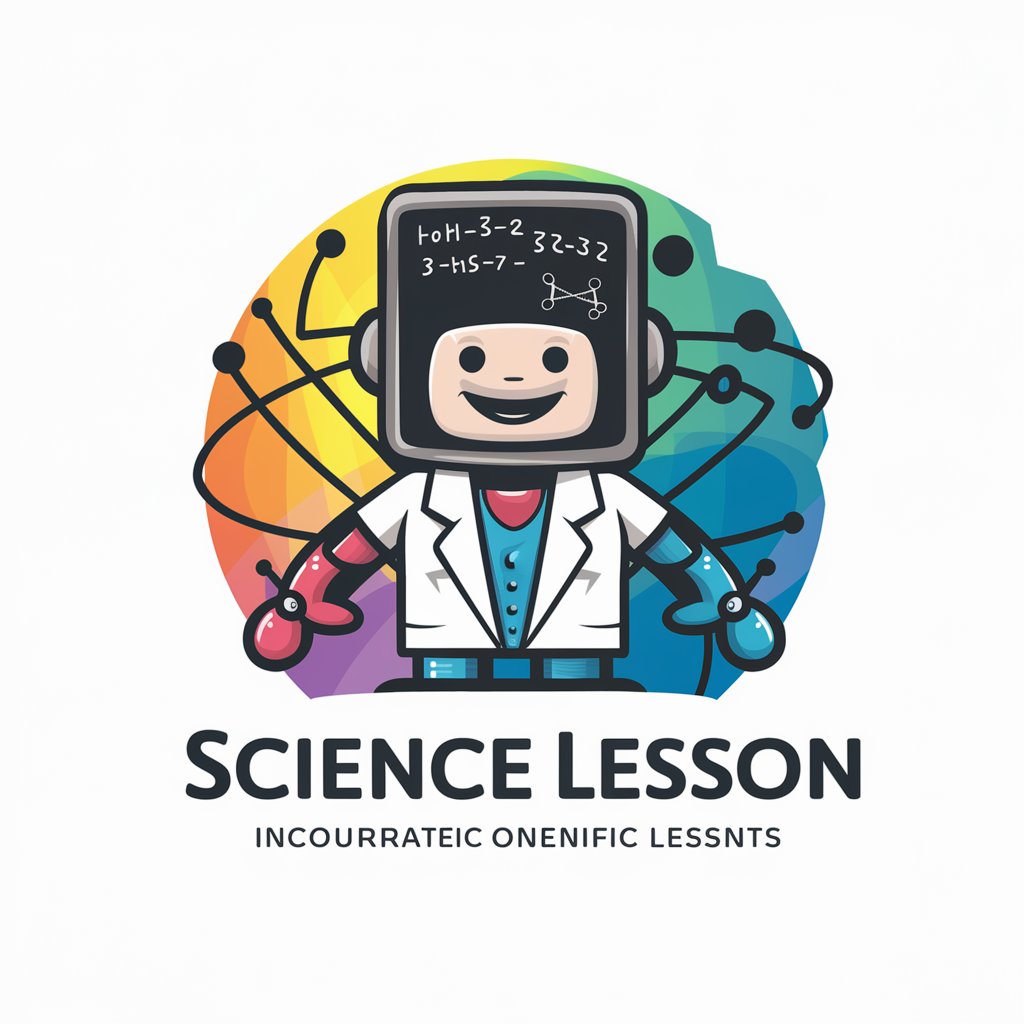
Science Experiment Ideas
Igniting Curiosity with AI-Powered Science
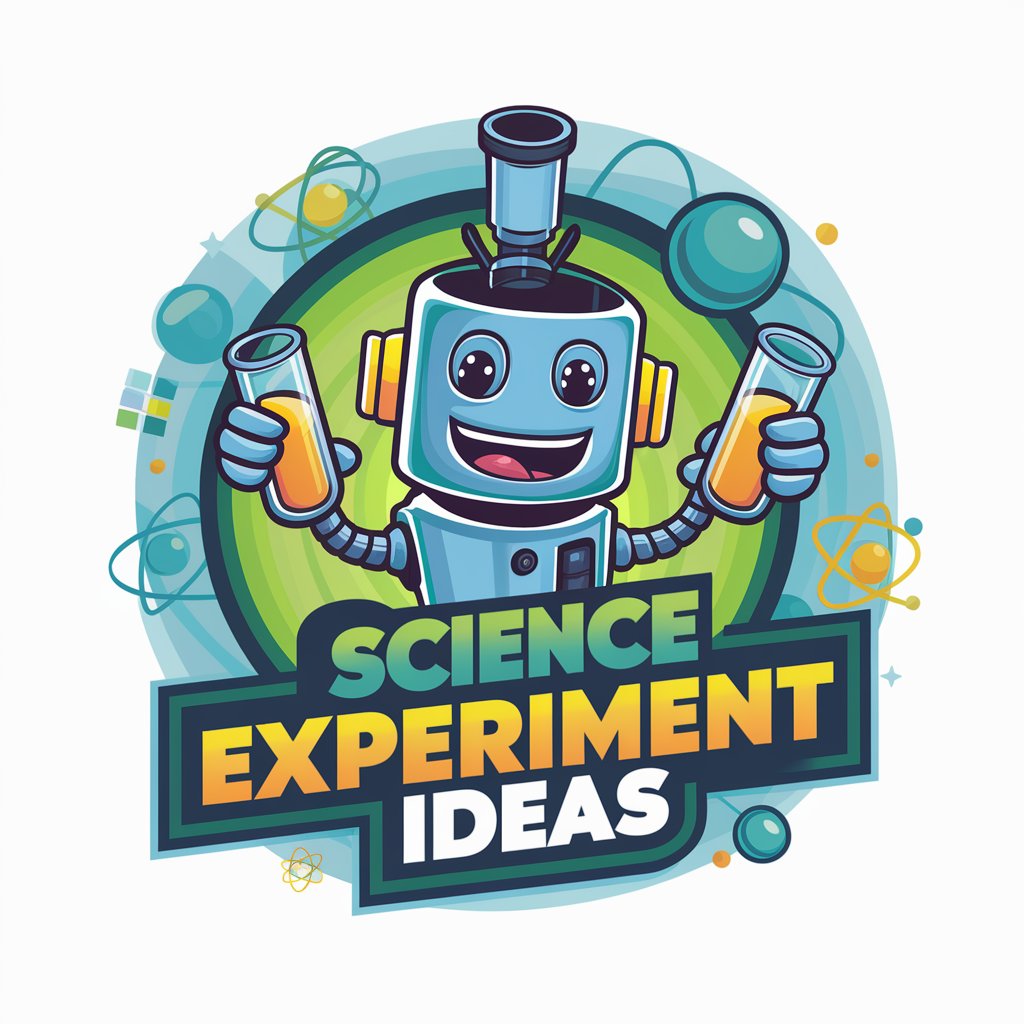
Little Science Explorers
Igniting Young Minds with AI-Powered Science
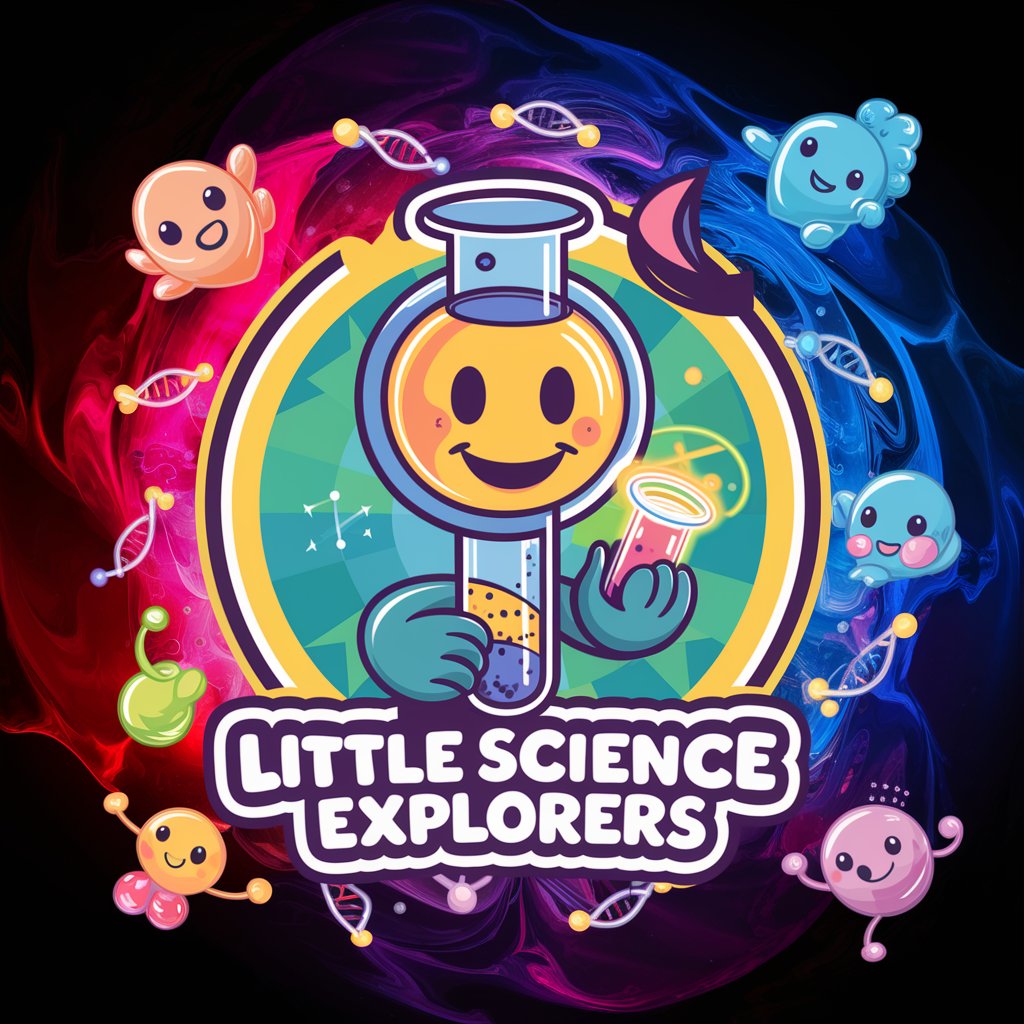
Resourceful Fun
Craft Games Smartly with AI
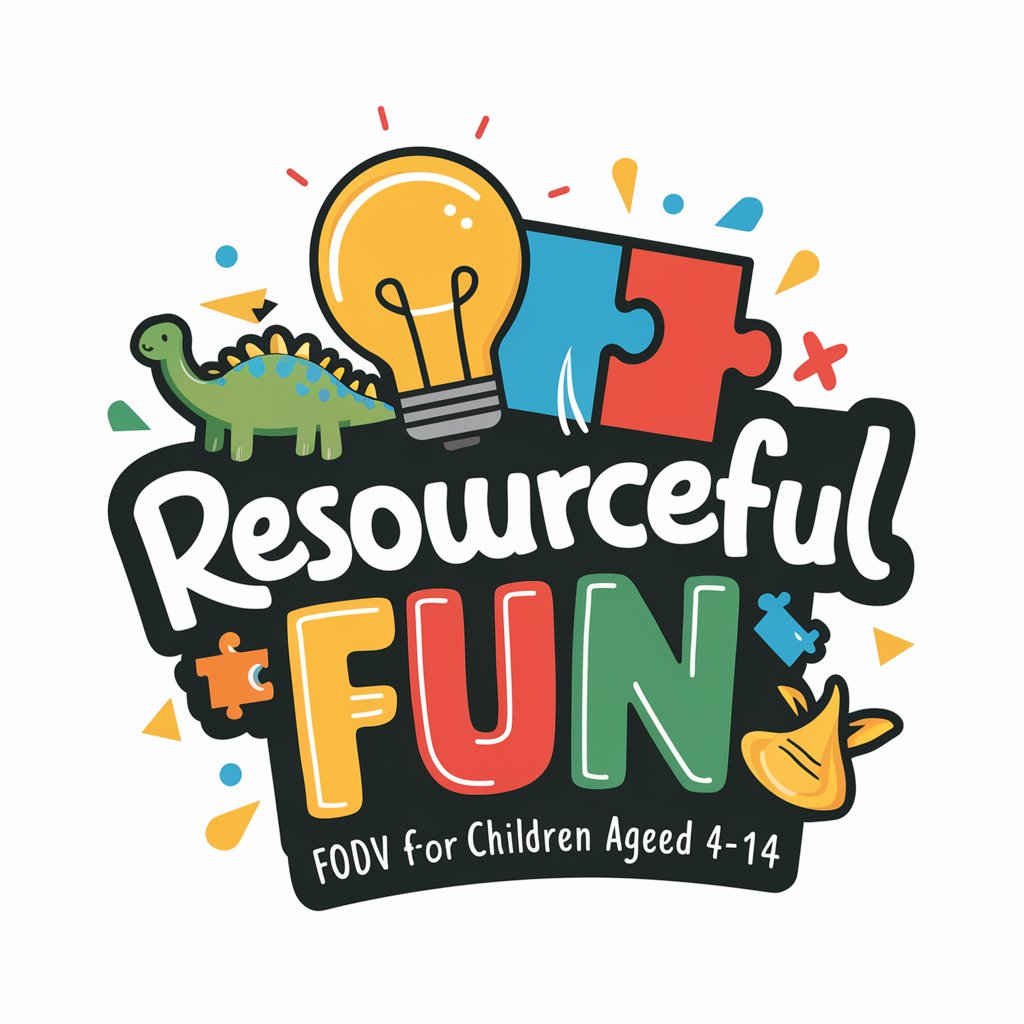
Science Experiment Guide
Igniting Curiosity with AI-Powered Science Experiments
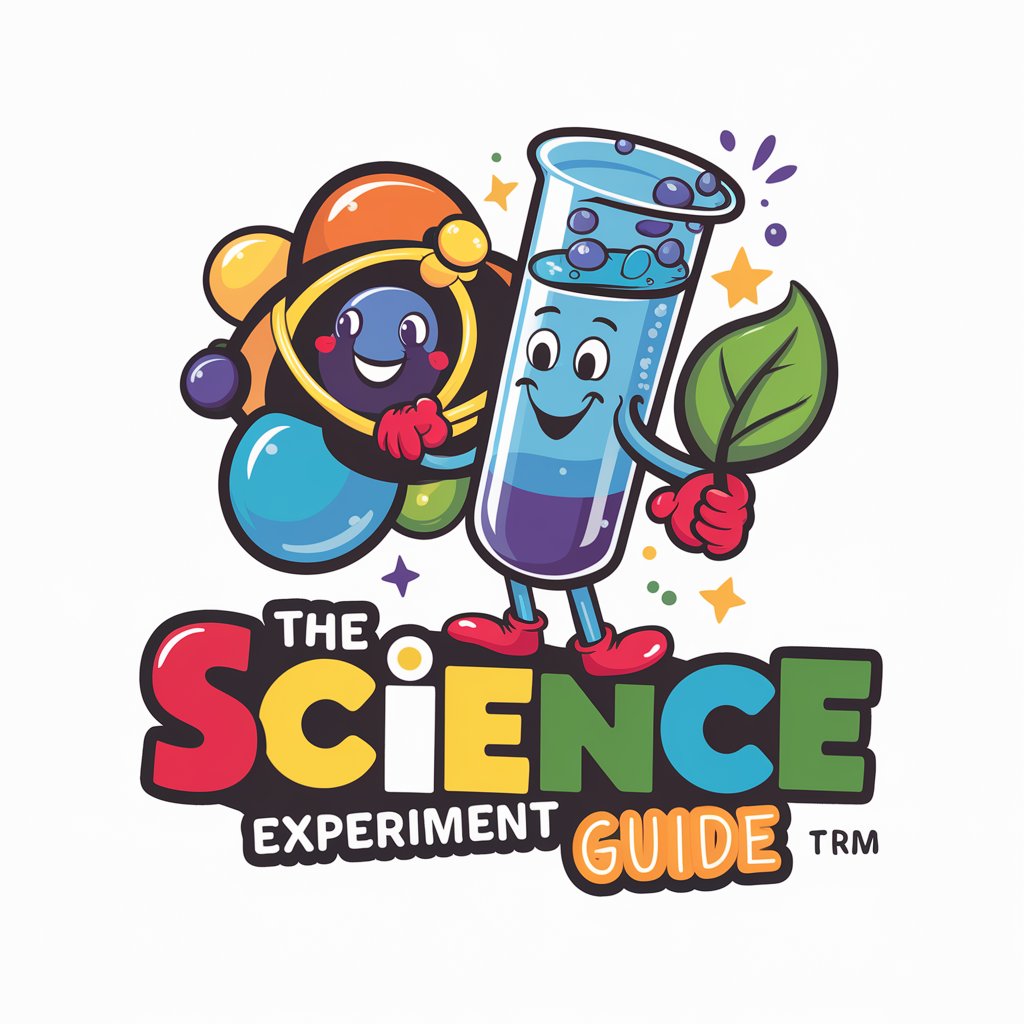
The Parent's Guide to Early Literacy
Empowering Early Literacy with AI
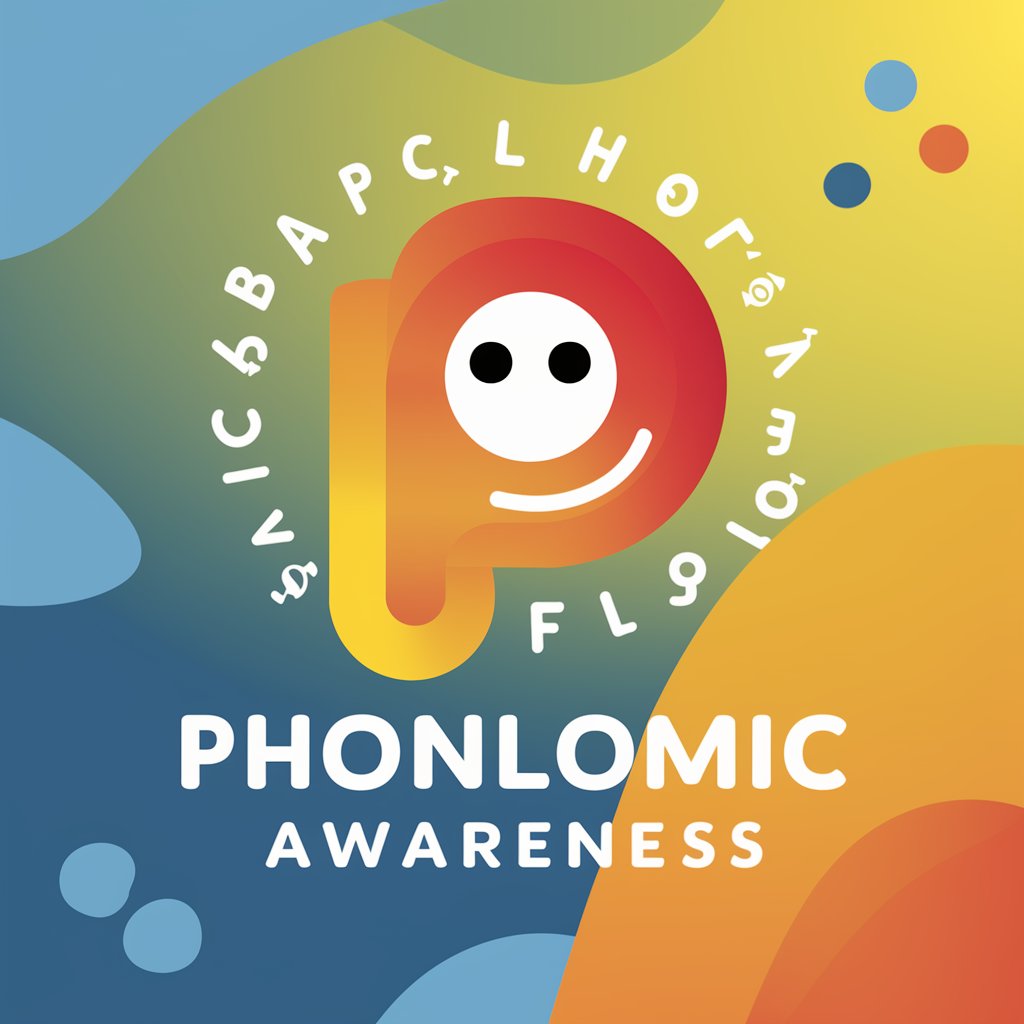
Montessori
Empower Kids with AI-Enhanced Montessori

STEAM Parental Guide
Empowering Parents in STEAM Education
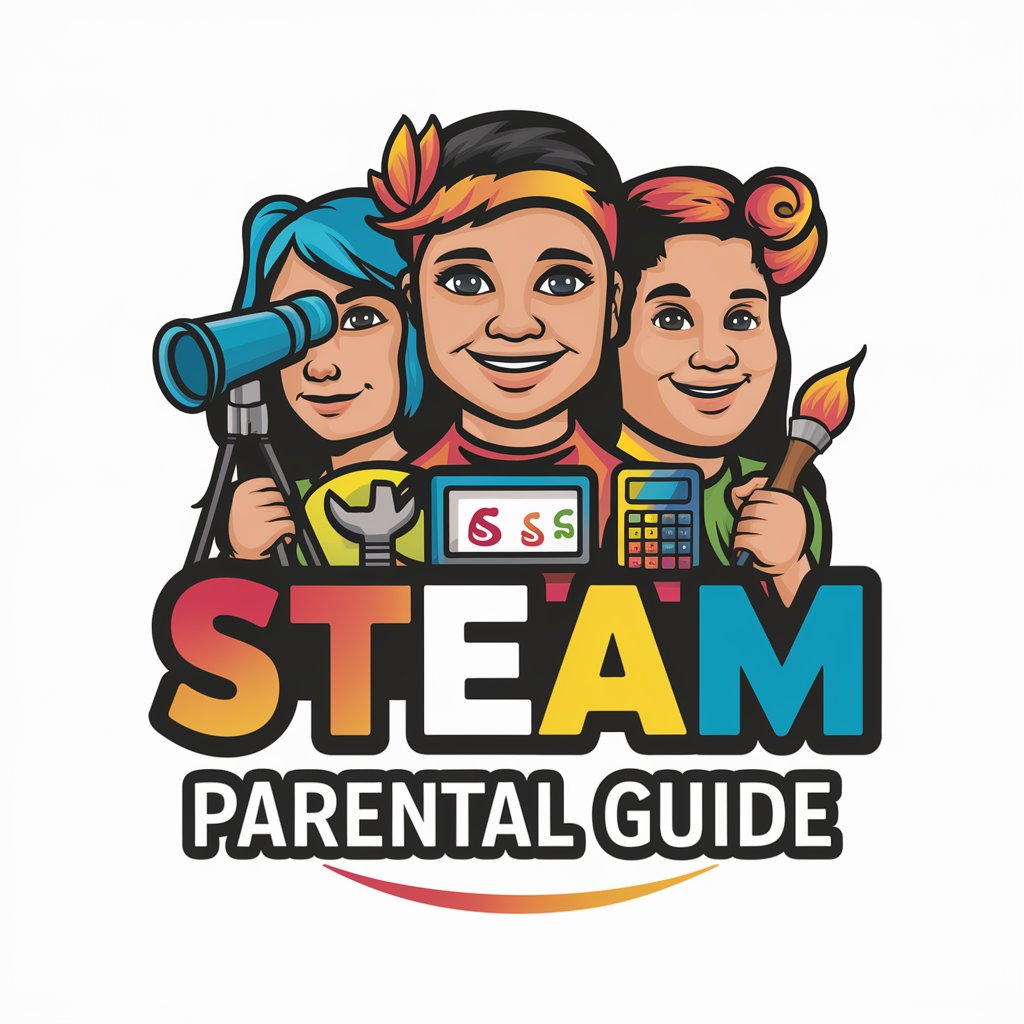
Key Characteristics and Capabilities
AI GPTs for Home Education stand out due to their versatility and adaptability, catering to a range of educational needs from basic language learning to complex subject matter exploration. Special features include interactive language learning modules, comprehensive technical support, advanced web searching techniques, creative image generation, and sophisticated data analysis tools. These capabilities enable the development of customized learning environments that can dynamically adjust to the learner's progress and interests.
Who Benefits from AI GPTs in Home Education
The primary beneficiaries of AI GPTs for Home Education include learners of all ages seeking personalized educational experiences, educators and parents looking for supportive teaching tools, and developers interested in creating educational applications. These tools are accessible to individuals without technical backgrounds, offering user-friendly interfaces, while also providing advanced customization options for those with programming knowledge.
Try Our other AI GPTs tools for Free
Science Fun
Discover the exciting world of AI GPTs for Science Fun - your gateway to engaging, interactive science learning. Perfect for students, educators, and enthusiasts eager to explore scientific concepts with ease.
Theme Planning
Discover the transformative power of AI GPTs for Theme Planning, designed to streamline your thematic projects with advanced AI technology. Tailored solutions for every theme.
Virtual Celebrations
Explore AI-powered tools for Virtual Celebrations, designed to make your online events more engaging, personalized, and memorable. Perfect for anyone looking to host unique virtual gatherings.
Event Analytics
Unlock the power of AI in event management with GPTs for Event Analytics, tailored solutions for optimizing every aspect of your events through intelligent analysis.
Healthcare Costs
Discover how AI GPTs for Healthcare Costs leverage advanced AI to optimize healthcare spending through data-driven insights and tailored solutions.
Tax Efficiency
Explore AI GPTs for Tax Efficiency: Tailored AI solutions to optimize your tax strategy, ensure compliance, and uncover savings opportunities.
Expanding Possibilities with AI GPTs
AI GPTs for Home Education are not just tools for individual learning; they represent a shift towards more personalized, interactive, and accessible education. They offer the potential to integrate with various educational systems, providing seamless experiences that can adapt to the needs of educators, learners, and developers alike. The user-friendly interfaces ensure that these advanced technologies can enrich the educational journey for users with diverse backgrounds and skills.
Frequently Asked Questions
What are AI GPTs for Home Education?
AI GPTs for Home Education are AI-driven tools designed to support and enhance learning outside traditional school settings. They utilize advanced algorithms to provide personalized educational content and interactions.
Can AI GPTs adapt to different learning styles?
Yes, AI GPTs can adapt to various learning styles, offering customized learning paths and content to match the learner's pace and interests.
Are these tools suitable for learners without technical skills?
Absolutely, AI GPTs for Home Education are designed with intuitive interfaces that require no prior technical knowledge, making them accessible to a broad audience.
Can developers customize these AI GPTs for specific educational needs?
Yes, developers can leverage the tools' programming capabilities to create bespoke educational applications or content, tailored to specific learning objectives or requirements.
What kind of educational content can AI GPTs provide?
They can offer a wide range of content, including but not limited to language learning, science, mathematics, history, and creative arts, tailored to the learner's needs.
Do these tools offer interactive learning experiences?
Yes, many AI GPTs for Home Education feature interactive learning modules, quizzes, and games to engage learners actively.
How do AI GPTs for Home Education support educators and parents?
They provide educators and parents with additional teaching resources, automated grading, and tracking of learners' progress, helping to identify areas of improvement.
Can AI GPTs integrate with existing educational software?
Yes, these tools can often be integrated with existing educational platforms or software, enhancing their functionality and providing a more comprehensive learning experience.